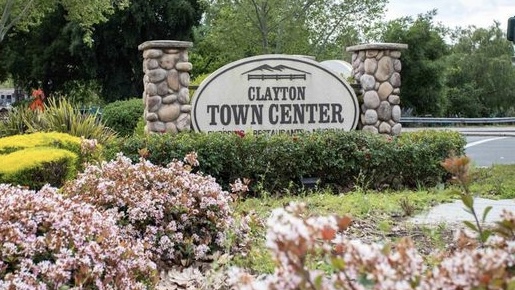Minimum wage proposal gets mixed reviews
DVC student Brenda Bach at A’gaci, where she works part-time for minimum wage on Feb. 27, 2014.
March 4, 2014
President Obama motioned for Congress reform the minimum wage nationwide, while also raising the minimum wage of federal workers to $10.10.
Students working at minimum wage could experience as much as a 39 percent bump from the current amount they make per hour. In California, where the minimum wage will rise to $9 this July, this proposal amounts to a 12 percent increase.
Brenda Bach, a DVC student making minimum wage, said she was in support of a higher minimum wage, explaining she would be able to save more money for the basic necessities of being a student.
“Who wouldn’t love that?” Bach expressed.
Jolean Russo, another student, felt a new wage level, “would be great.”
However, other students like Olivia Beck, were more impartial. Beck said that while she is a supporter of the proposed mandate, she currently makes a comfortable living part-time due to the hours she works.
“I’m doing ok with minimum right now,” she said.
The shrinkage of the job market is among the major fears of a national raise. In theory, with a higher minimum wage, businesses that already pay the minimum wage would be forced to cut back on production by laying off workers and scaling back hours.
According to Bruce Koller, a professor of economics at DVC, a raise might lead towards a virtuous cycle. While a number of people may become unemployed, those remain employed may make more and, creating more demand, lead to an expansion of business and the renewed need for labor.
Another possibility is that those who pay above the minimum wage may be forced to raise their wages to equal the growth of the mandated limit. This also may lead to reduced hours and unemployment.
An opposing theory proposed by Dr. John Schmitt of the Center for Economic and Policy Research, is that a raise might cause higher efficiency in labor, either demanded by the employer or as a natural response by the employed. Businesses might also simply roll with the punches and accept the mandate without laying off workers.
Oscar Dominguez, director of the Contra Costa Small Business Development Center, stated that small businesses would feel the effects of such legislation, but these businesses would, “adjust to the new reality.”
Many conservatives are against raising the minimum wage, believing it goes beyond the level of government intervention they believe is satisfactory enough.
In the House of Representatives, where Republicans have a majority, the likelihood of a bill passing are slim.
Nevertheless, both parties benefit from an open discussion of the minimum wage, DVC political science professor Scott Macdougall said. Democrats have the benefit of having tried, and the Republicans can claim they prevented this mandate from happening.
If the bill passed with support from a group of Republicans, the consequences would fall upon the Republican party, where now exists a split between moderates and conservatives.
Macdougall says that this scenario also entails big business being convinced.
“The Republican party is the party of business… so you have to convince business this is in their best interests,” he said.








































































